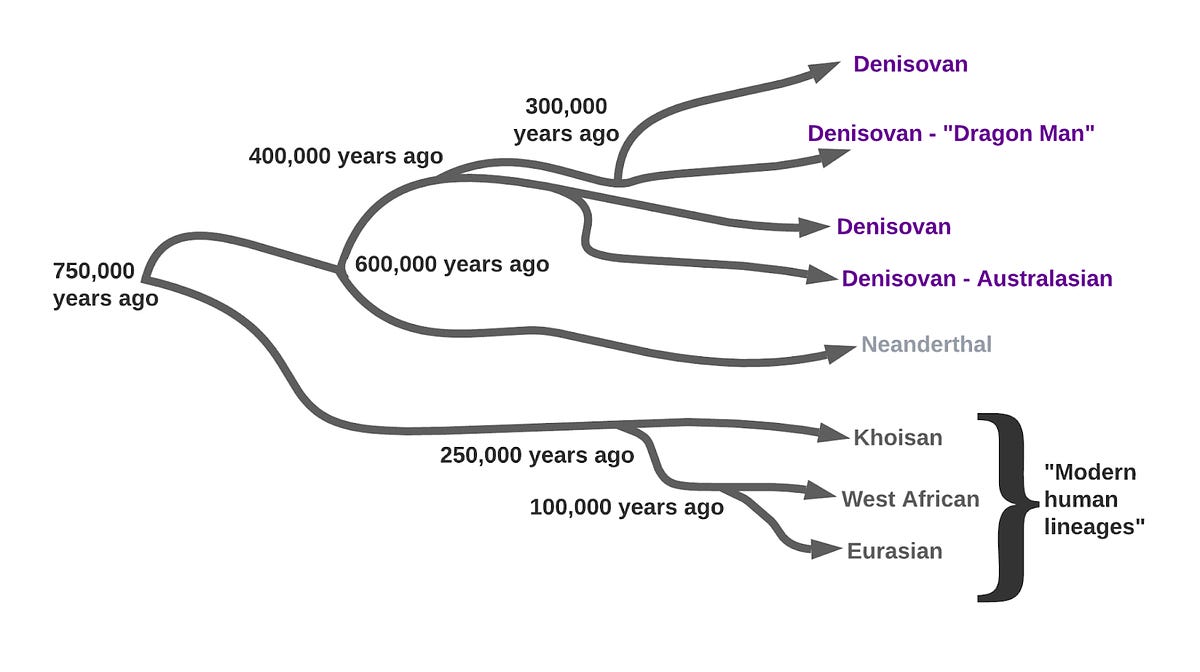Ethics of DNA research on human remains: five globally applicable guidelines
We are a group of archaeologists, anthropologists, curators and geneticists representing diverse global communities and 31 countries. All of us met in a virtual workshop dedicated to ethics in ancient DNA research held in November 2020. There was widespread agreement that globally applicable ethical guidelines are needed, but that recent recommendations grounded in discussion about research on human remains from North America are not always generalizable worldwide. Here we propose the following globally applicable guidelines, taking into consideration diverse contexts. These hold that: (1) researchers must ensure that all regulations were followed in the places where they work and from which the human remains derived; (2) researchers must prepare a detailed plan prior to beginning any study; (3) researchers must minimize damage to human remains; (4) researchers must ensure that data are made available following publication to allow critical re-examination of scientific findings; and (5) researchers must engage with other stakeholders from the beginning of a study and ensure respect and sensitivity to stakeholder perspectives. We commit to adhering to these guidelines and expect they will promote a high ethical standard in DNA research on human remains going forward.
The analysis of ancient human genomes has emerged as a powerful approach for investigating the relationships of people who lived in the past to each other and to people living today. A consistent theme is that people in any given location across time are usually there as the result of a long history of mobility and interaction. Over the past decade, ancient DNA has provided new evidence—adding to that from other disciplines—refuting myths of the ‘purity’ of any population and falsifying racist and nationalistic narratives. While some have sought to misuse genetics as a tool for determining group belonging, in our opinion it is inappropriate for genetic data to be used as an arbiter of identity1.

























